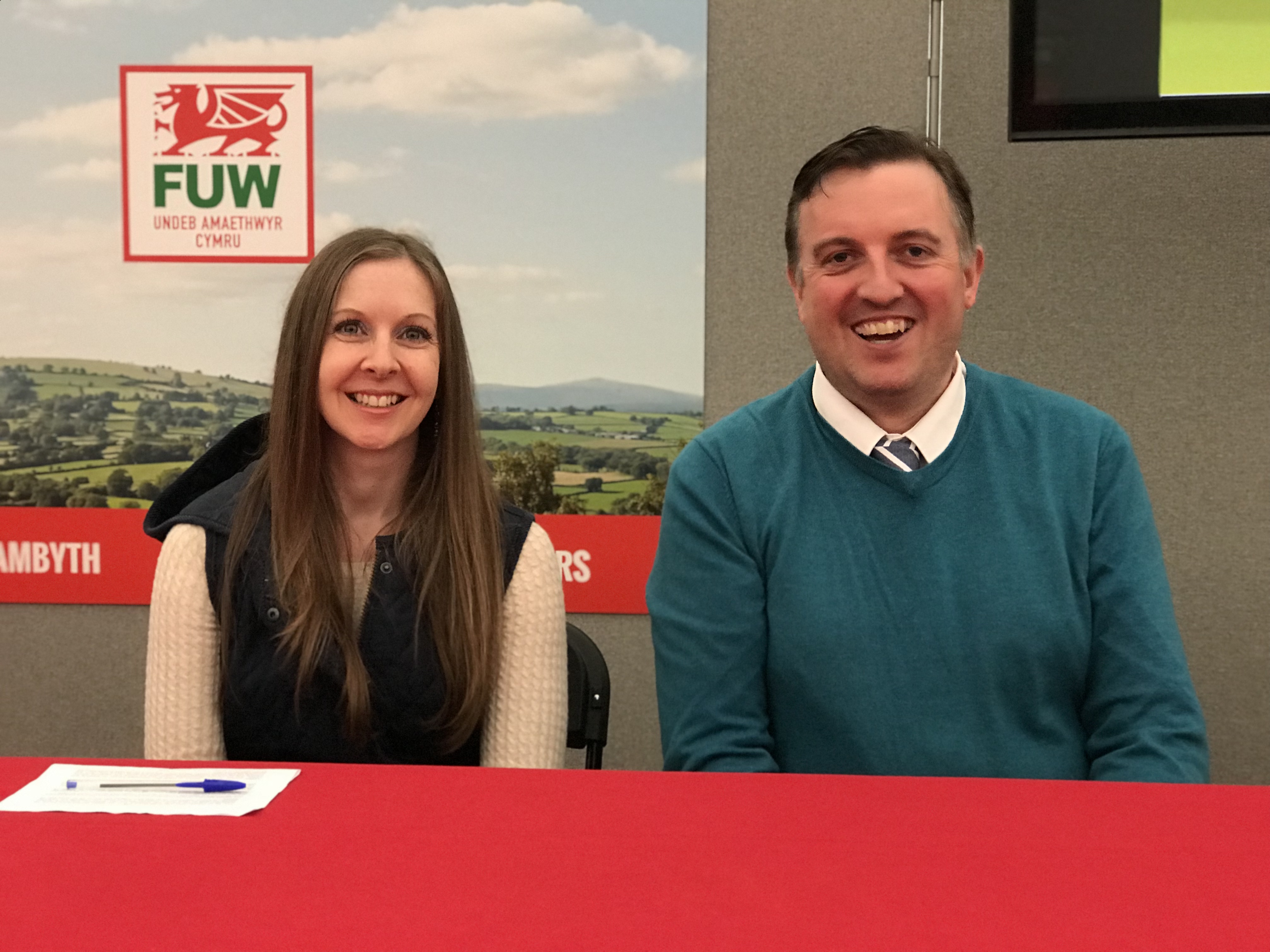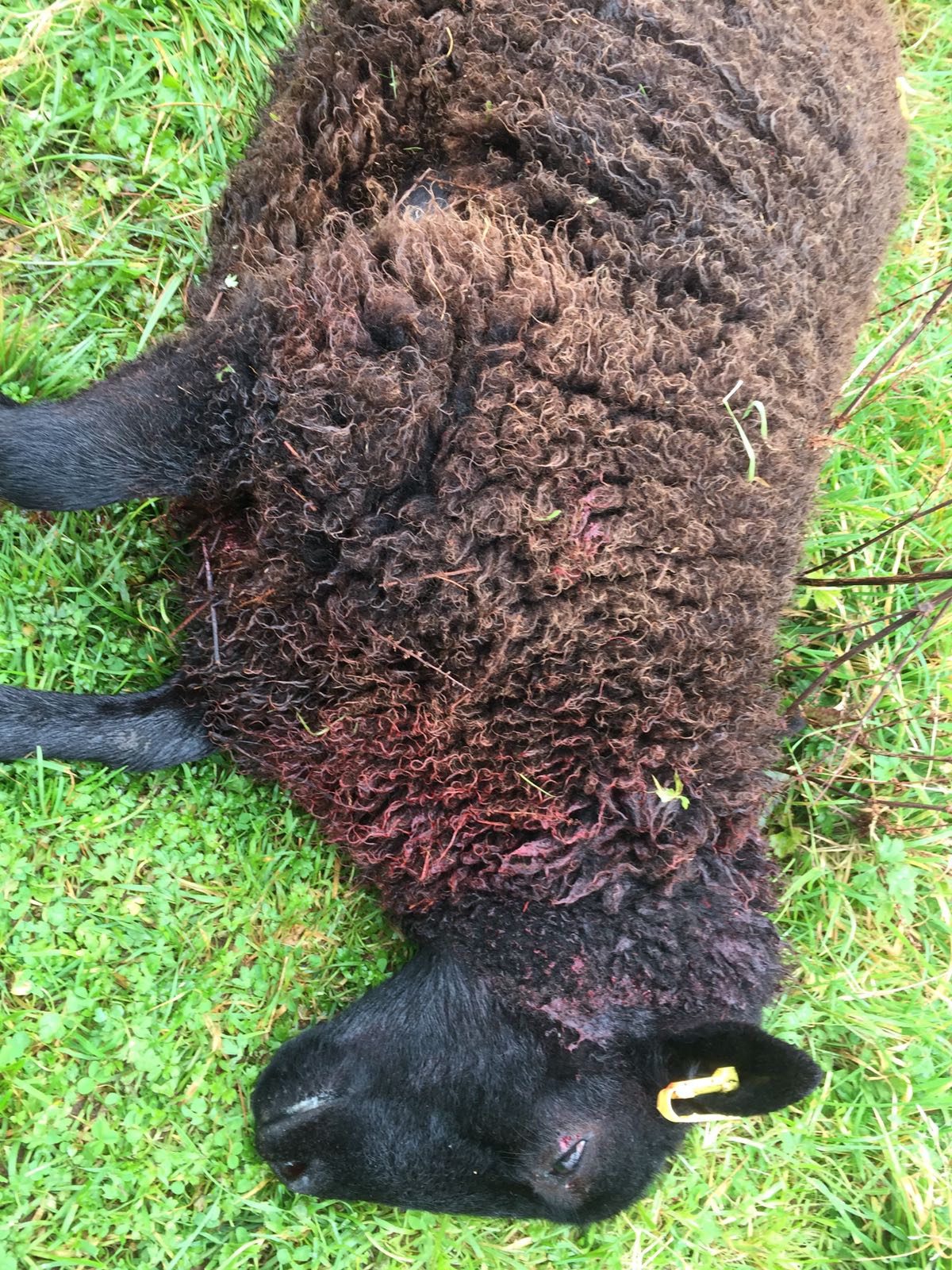 A series of devastating livestock attacks, have left one Glamorgan farmer close to breaking point. Ben Jones, who runs a 65 acre tenant sheep farm on the outskirts of Hensol in the Vale of Glamorgan with his wife Julia, lost nearly a fifth of his stock due to dog attacks.
A series of devastating livestock attacks, have left one Glamorgan farmer close to breaking point. Ben Jones, who runs a 65 acre tenant sheep farm on the outskirts of Hensol in the Vale of Glamorgan with his wife Julia, lost nearly a fifth of his stock due to dog attacks.
The couple, who have a five-month old daughter, spent years building up their farming business but are now close to giving it up completely. Ben initially started renting land in Dyffryn where he encountered two of his sheep being killed by a dog and the stress of the attack causing most of his flock to abort their lambs.
“The field had a footpath going through it and many people use it to walk their dogs. Finding my sheep like that was just devastating. I don’t understand why those walking in the countryside just can’t keep their dogs on a lead. These attacks were so unnecessary,” said Ben Jones.
Wanting to avoid any further incidents, he started renting land on an annual tenancy in Hensol in May 2015 but has since then had three separate attacks on his sheep there.


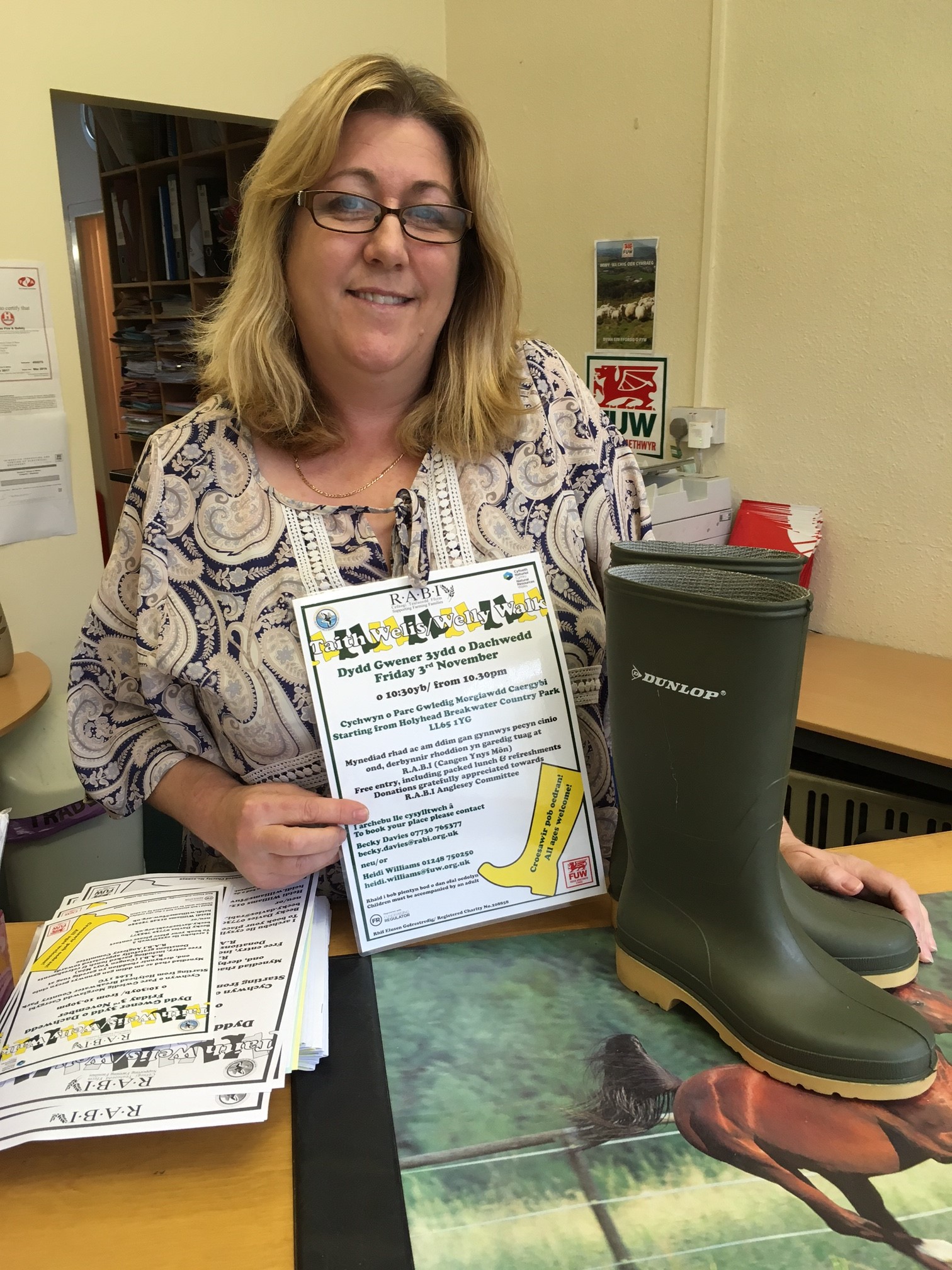 The Anglesey branch of the Farmers’ Union of Wales has organised a welly walk to raise vital funds for the R.A.B.I. Anglesey Committee.
The Anglesey branch of the Farmers’ Union of Wales has organised a welly walk to raise vital funds for the R.A.B.I. Anglesey Committee.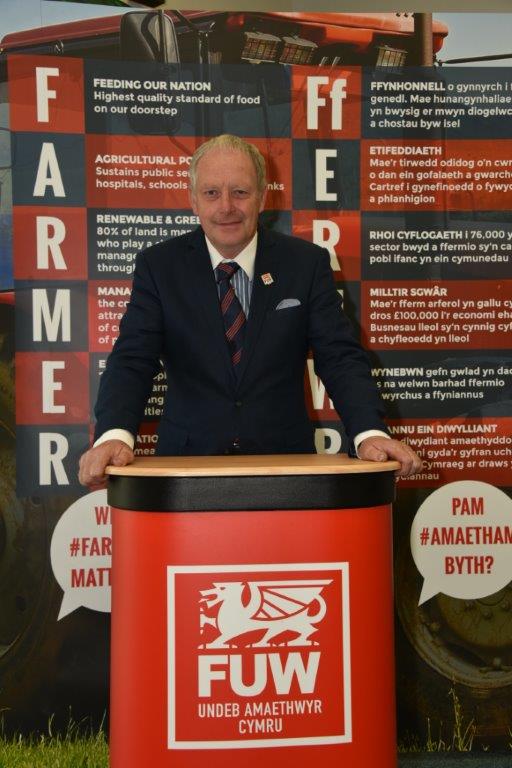 Government moves aimed at tackling problems caused by diesel pollution should be targeted at improving technology and areas where problems exist, rather than a broad brush approach that penalises rural communities, the Farmers’ Union of Wales has said.
Government moves aimed at tackling problems caused by diesel pollution should be targeted at improving technology and areas where problems exist, rather than a broad brush approach that penalises rural communities, the Farmers’ Union of Wales has said.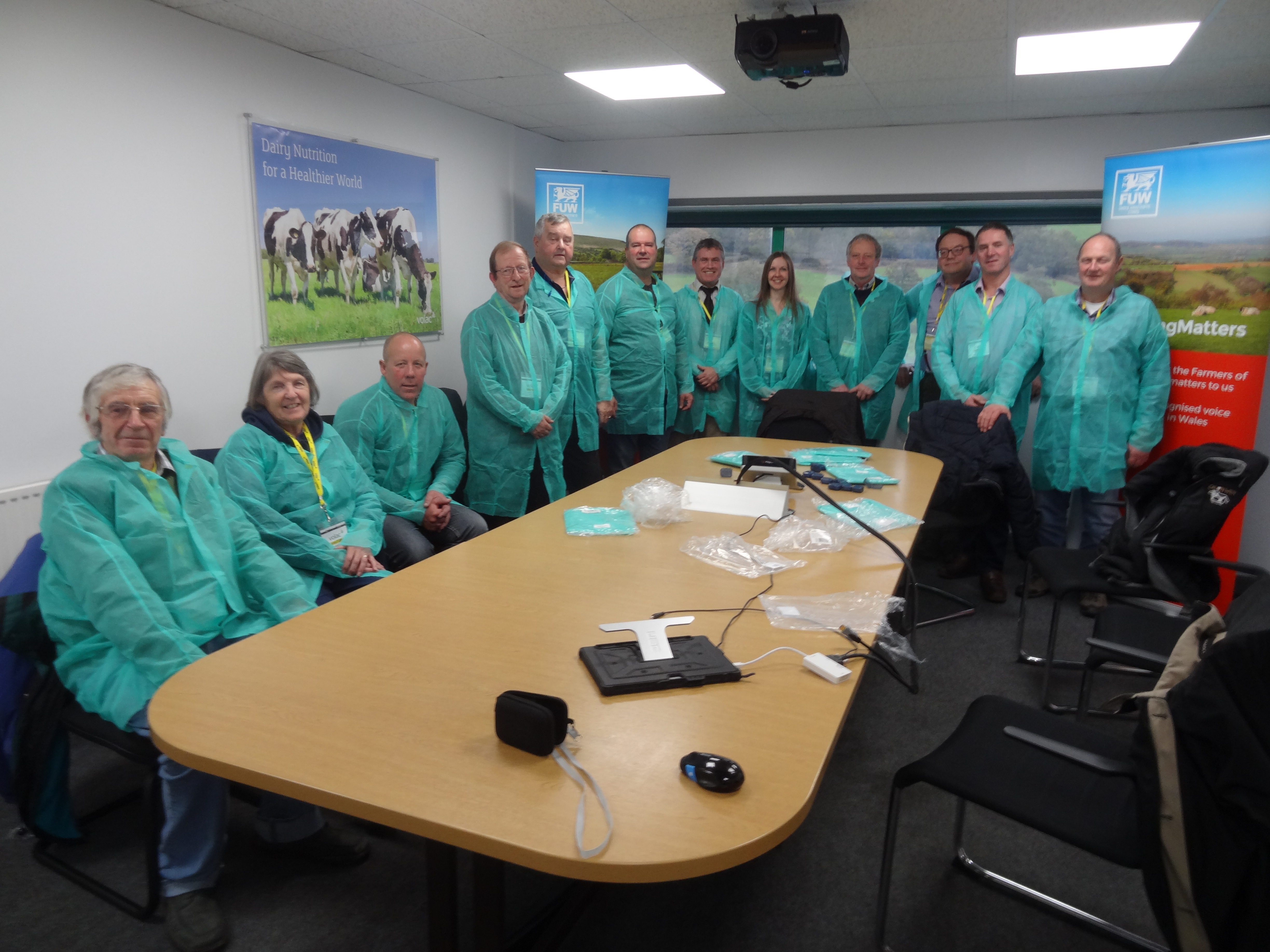
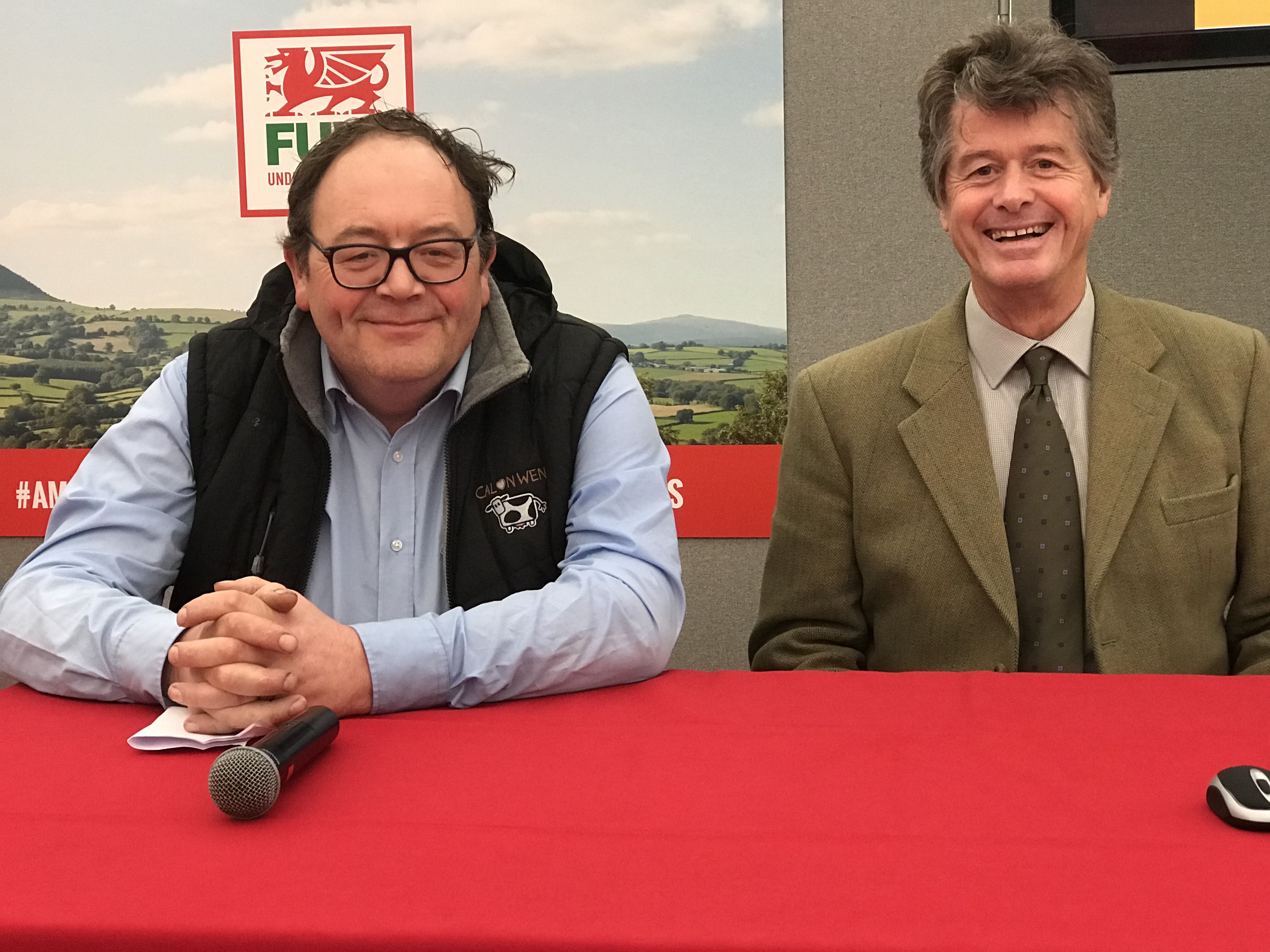 A seminar organised by the Farmers’ Union of Wales has provided an opportunity for Welsh dairy farmers to come together and air their views on a recently published AHDB paper which outlines the need for ‘optimal dairy systems’ in the British dairy sector.
A seminar organised by the Farmers’ Union of Wales has provided an opportunity for Welsh dairy farmers to come together and air their views on a recently published AHDB paper which outlines the need for ‘optimal dairy systems’ in the British dairy sector.
